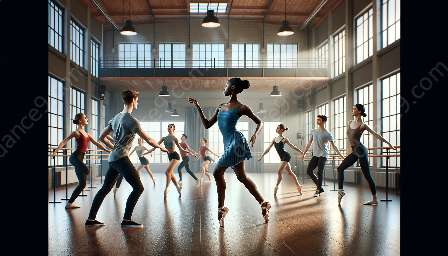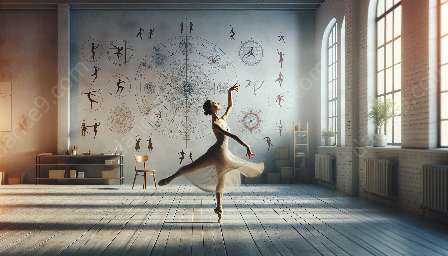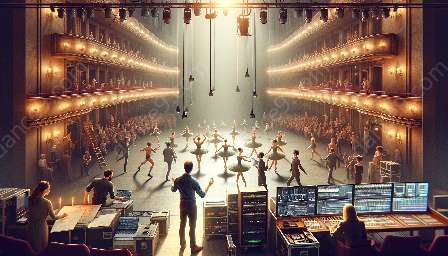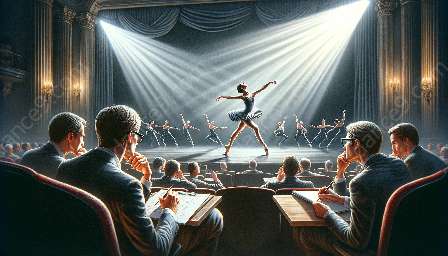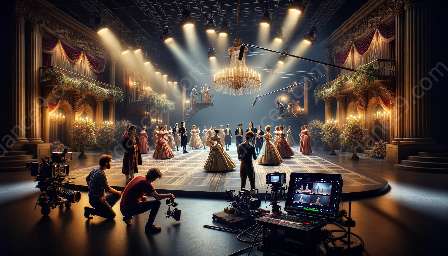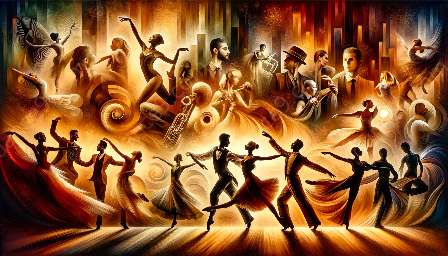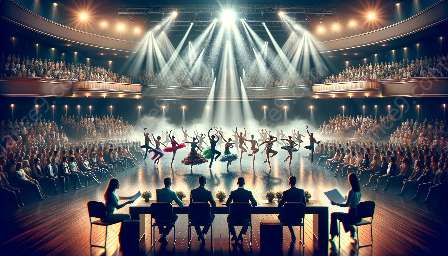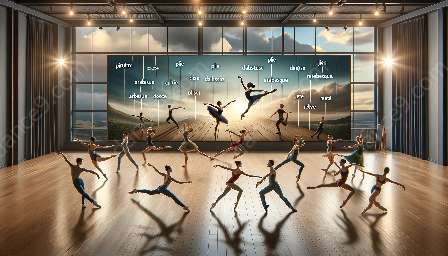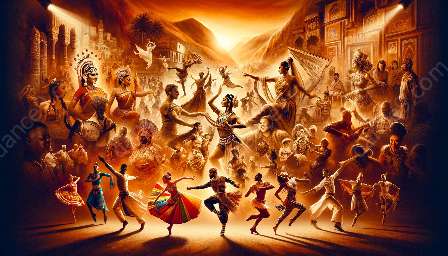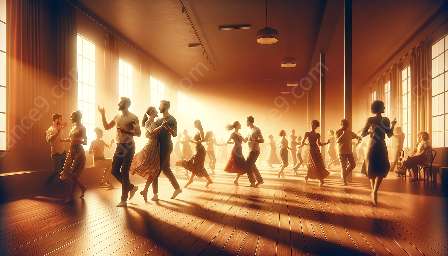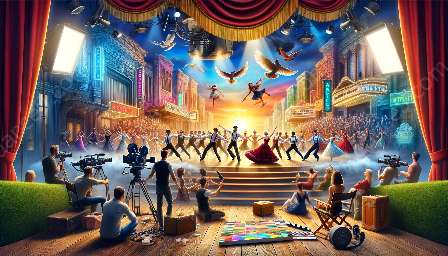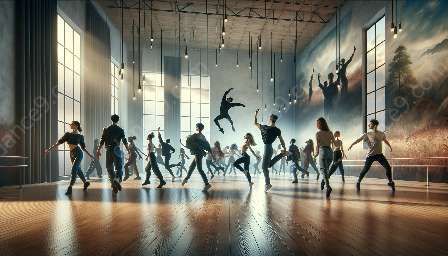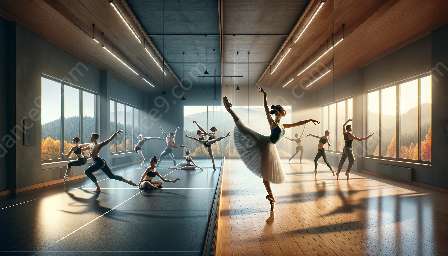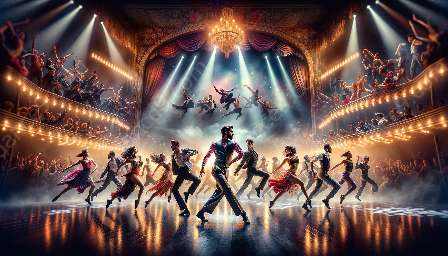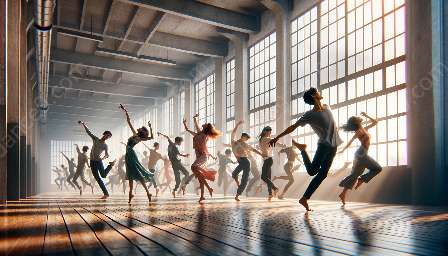Dance critics play a significant role in shaping the perception of dance performances. Their insightful analyses and evaluations can influence the public's understanding and appreciation of dance as an art form. In this article, we explore the impact of critics on dance performances and the importance of dance criticism in the arts.
The Power of Dance Critics
Dance critics hold the power to sway public opinion through their reviews and critiques. Their assessments can significantly impact how a dance performance is perceived by audiences, artists, and the wider arts community.
Through their expertise and experience, dance critics provide valuable insights into the technical, artistic, and emotional aspects of a performance. They have the ability to highlight the strengths and weaknesses of a dance production, thereby influencing the overall reception of the work.
Shaping Public Perception
Critics serve as mediators between the dance world and the public, shaping the narrative and public perception of dance performances. Their reviews can spark discussions, debates, and reflections on the artistic merit of a work, ultimately contributing to the cultural discourse surrounding dance.
Positive reviews from influential critics can bolster the reputation of a dance company or choreographer, leading to increased audience attendance and financial support. Conversely, negative critiques may deter potential audiences and impact the financial viability of a production.
Elevating the Art Form
Dance criticism plays a crucial role in elevating the art form by promoting excellence and providing constructive feedback to artists and dance companies.
Critics can draw attention to innovative choreography, exceptional performances, and thought-provoking thematic content, thereby encouraging the advancement of dance as a dynamic and relevant form of artistic expression. Additionally, their assessments can contribute to the growth and evolution of the dance community by fostering critical dialogue and inspiring artistic development.
The Role of Constructive Criticism
Constructive criticism from knowledgeable dance critics can guide artists and companies towards artistic growth and refinement. Their feedback can help identify areas for improvement and inspire future creative endeavors.
By offering constructive criticism, dance critics support artistic development and contribute to the cultivation of a discerning and informed audience. Furthermore, their evaluations can influence the programming and curation of dance performances, ultimately shaping the overall trajectory and quality of dance within the cultural landscape.
Conclusion
Dance critics wield significant influence in shaping the public's perception of dance performances. Their evaluations can impact the success and reception of dance productions, while also contributing to the broader discourse and development of the art form.
Ultimately, the role of dance criticism is essential in fostering a deeper appreciation for dance as an expressive and impactful form of art, and in driving the continuous innovation and evolution of the dance community.


